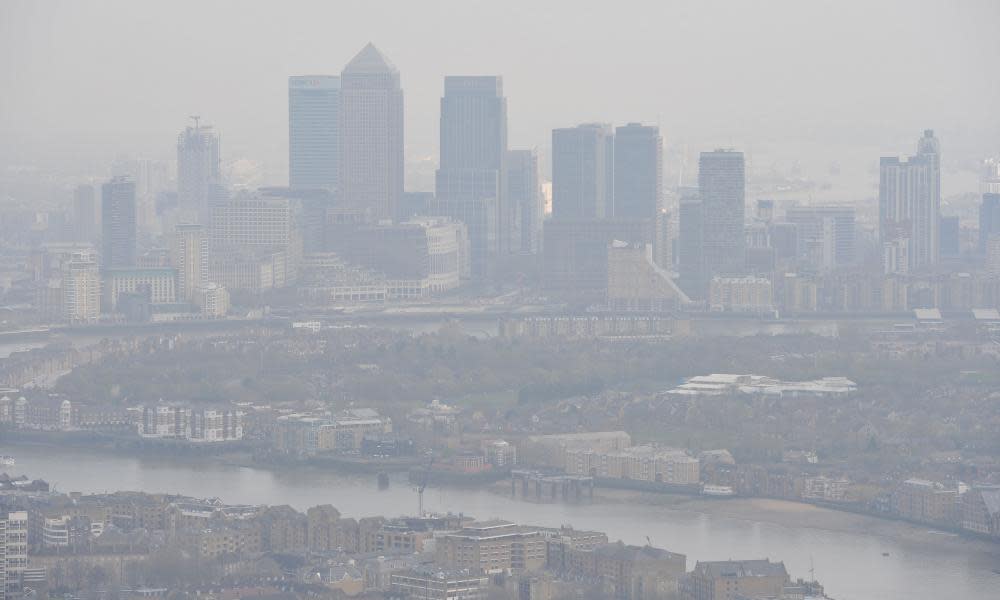Should we reinstate royal commission to monitor pollution?

It is 10 years since its abolition and independent, joined-up, solutions-based strategies are much needed
Meeting legal limits for air pollution can seem impossibly difficult but understanding the links between our environmental problems, and tackling them together, can simplify attempts to find solutions.
For example, our polluted roads and rivers are connected by runoff from street drains, and the road traffic that pollutes our air also produces noise that disturbs our peace. Tyre fragments and the plastic litter ground up by traffic on our streets ends up in our air and oceans.
Investing in local shops and services can help us swap motorised traffic for walking and cycling, improve neighbourhoods, help the climate crisis and air pollution, as well as improve our health through daily exercise.
As for net zero, diesel cars and wood burning have been serious mistakes for air pollution and are not helping our climate.
Speaking to the Conservative Environment Network in December, the Department for Environment, Food and Rural Affairs minister Jo Churchill called for cross-government and cross-society action to tackle air pollution. While initiatives such as the UK Clean Air Programme try to bridge research boundaries, it is difficult for researchers, civil servants and local government to join together our environmental problems without a strategic framework.
It is 10 years since the abolition of the independent royal commission on environmental pollution. Set up in 1970, it had a wide remit to investigate national and international pollution issues and to warn of future dangers. Its reports were heavily solutions-based and had direct impact on government policy.
The commission’s 1983 report on lead in petrol was immediately followed by changes in UK law, as was its 1989 report on genetically modified organisms. The commission’s recommendation for a long-term CO2 reduction target was accepted by government in 2000 and the EU-wide environmental regulation of polluting industries and waste stems from its recommendations.
Related: Labour demands stricter air pollution limits after child poverty link revealed
Noel Nelson, part of the civil service team that worked with the commission, said: “Although members were all experts in their own fields, the best solutions were seldom found in any one discipline.”
Today, the absence of an independent, strategic view of environmental evidence leaves us vulnerable to missed opportunities. Do we need a new royal commission?
Prof Sir Stephen Holgate, a former commission member, said: “Since the dissolution of the commission in 2011, the number and complexity of environmental challenges in our changing world has greatly increased. Examples include: the transition to zero carbon, changing environment and zoonotic infectious disease, addressing water pollution, citizen science to monitor and improve the environment and how to harness and work with the environment to improve health and wellbeing. These require imaginative analysis leading to multiple solutions-based outcomes.”

 Yahoo News
Yahoo News 
